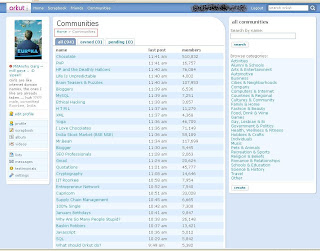5S is a reference to a list of five Japanese words which 'start' with S. This list is a mnemonic for a methodology that is often incorrectly characterized as "standardized cleanup", however it is much more than cleanup. 5S is a philosophy and a way of organizing and managing the workspace. The key impacts of 5S is upon workplace morale and efficiency. By ensuring everything has a place and everything is in its place then time is not wasted looking for things and it can be made immediately obvious when something is missing.
Sort (Seiri) : (tidiness, organisation, arrangement) eliminate all unnecessary items in the work area. This includes ensuring you have the correct tools for the job which means adding equipment that is required. The problem of sharing a tool creates the "search and retrieve" waste of time. Refers to the practice of sorting through all the tools, materials, etc., in the work area and keeping only essential items. Everything else is stored or discarded. This leads to fewer hazards and less clutter to interfere with productive work.
Straighten (Seiton) : (orderliness) Focuses on the need for an orderly workplace. "Orderly" in this sense means arranging the tools and equipment in an order that promotes work flow. Tools and equipment should be kept where they will be used, and the process should be ordered in a manner that eliminates extra motion. Everything has a place, and everything is in it's place.
Shine (Seiso) : systemized cleanliness. Indicates the need to keep the workplace clean as well as neat. Cleaning in Japanese companies is a daily activity. At the end of each shift, the work area is cleaned up and everything is restored to its place. The key point is that maintaining cleanliness should be part of the daily work - not on occasional activity initiated when things get too messy.
Standards (Seiketsu) : This refers to standardized work practices. It refers to more than standardized cleanliness (otherwise this would mean essentially the same as "systemized cleanliness"). This means operating in a consistent and standardized fashion. Everyone knows exactly what his or her responsibilities are.
Sustain (
Shitsuke) : sustaining discipline. Refers to maintaining standards. Once the previous 4S's have been established they become the new way to operate. Maintain the focus on this new way of operating, and do not allow a gradual decline back to the old ways of operating.
Implemented By: Boeing, Boise Cascade, Hewlett Packard
 orkut announced on August 23 that they will be rolling out a new look for their social network Orkut. Today, my account has been upgraded to the new design !!!
orkut announced on August 23 that they will be rolling out a new look for their social network Orkut. Today, my account has been upgraded to the new design !!!





